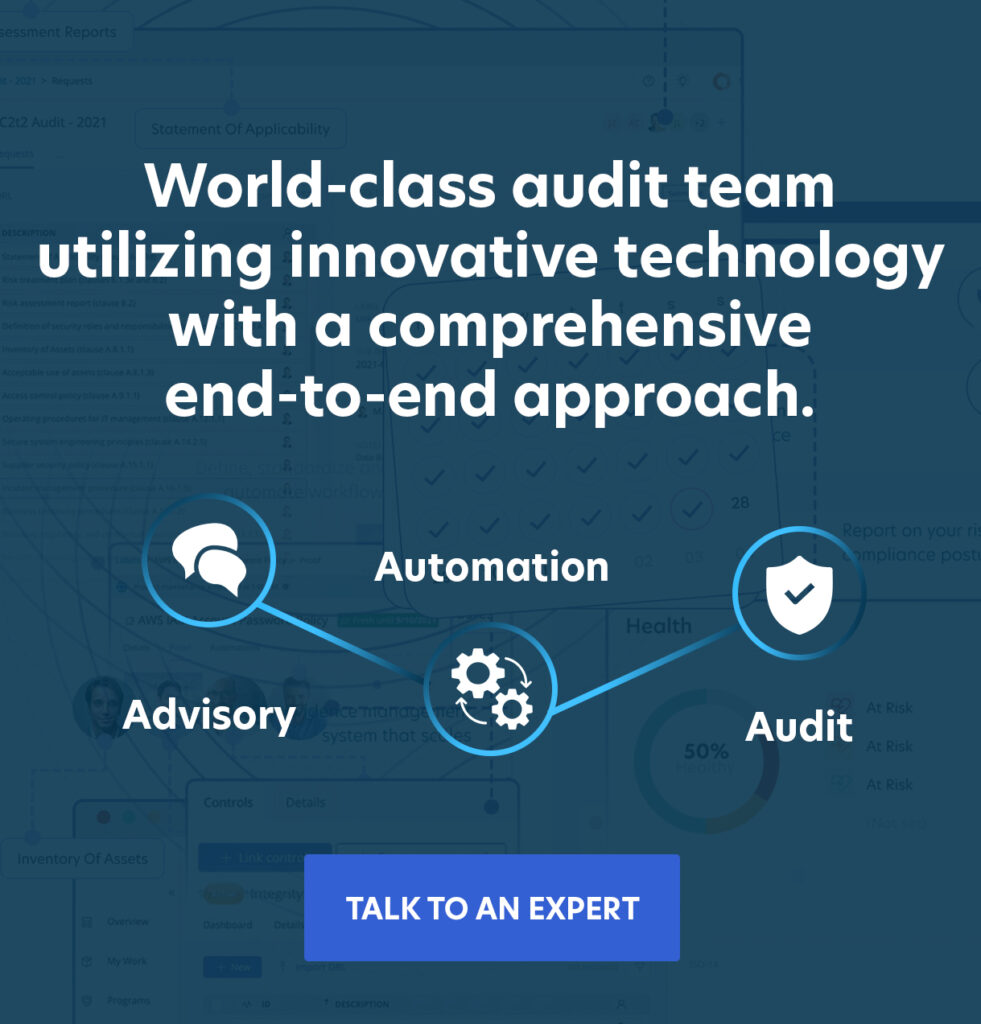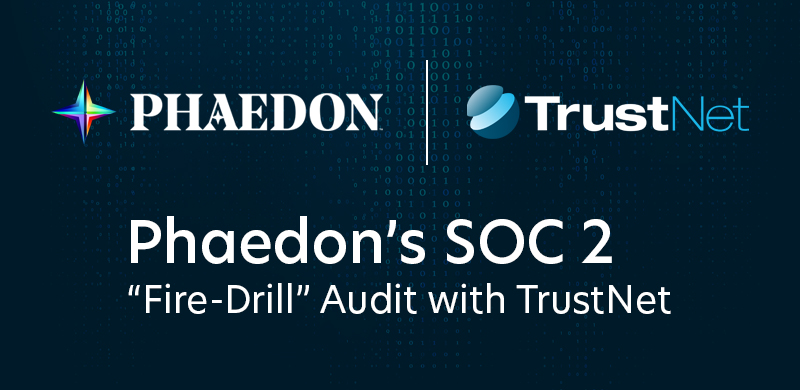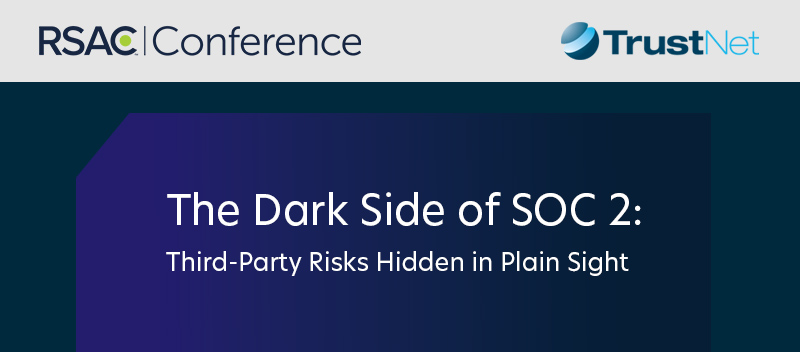
News of cybercrime dominates the headlines regularly. For that reason, earning clients’ trust is crucial for any organization that provides cloud-based data storage, management, or transmission services. The customers who entrust you with their precious data want more than your promise that all is well with your cybersecurity controls, systems, and procedures.
Obtaining a SOC 2 report provides just what they need: attestation from an objective, third-party professional auditor that your organization puts data safety first. This type of evaluation uses the criteria of specific trust services principles to make this determination and provide solid assurance to stakeholders across all industries.
Therefore, you must learn about them to determine which are relevant to your organization and its security goals.
What is a SOC 2 Report?
SOC 2 reports are examination engagements undertaken by a service auditor to report on The Service Organization’s operational controls to meet the selected Trust Services Criteria. The services can only be delivered by a licensed professional firm such as TrustNet.
The American Institute of Certified Public Accountants (AICPA) established a set of standards, also known as Trust Service Principles, against which companies can compare their non-financial security controls via audits. The result is a document prepared by a third-party auditor that details how the business’s controls stack up against these criteria, including specific information about the assessor’s procedures to measure compliance.
The completed report can be an invaluable help for management and internal and external stakeholders, including present and potential customers. When a business receives a glowing SOC 2 report that demonstrates its adherence to all relevant SOC 2 Principles, customers can breathe easier knowing that their information is being tended to in the most responsible, security-conscious way possible.
What Are the SOC 2 Trust Criteria?
The SOC 2 Criteria include the following categories:
- Security is the backbone of SOC 2 compliance and contains many sub-components. The objective is to demonstrate information and systems are protected against unauthorized access, unauthorized disclosure, and damage that could compromise the availability, integrity, confidentiality, and privacy. Security includes technical objectives and non-technical objectives covering security governance.
- Availability. Availability focuses on the accessibility of information and the products or services provided to your customers. This objective addresses whether systems have controls to support accessibility for operations, monitoring, and maintenance.
- Processing integrity. This objective focuses on demonstrating data processing is complete, valid, accurate, timely, and authorized. The goal is to ensure that systems function unimpaired, free from error, delay, omission, and unauthorized or inadvertent manipulation.
- Confidentiality. This fourth of the SOC 2 principles refers to who is granted access to data. The scope covers When addressing compliance confidentiality from the point of collection or creation, storage, through to final disposition and removal.
- Privacy. Privacy focuses on protecting the personal information collected, used, retained, disclosed, and disposed of. Personal information typically includes health records, financial transactions, or other personally identifiable information.
It is incumbent upon you to ensure that all customer data is kept up-to-date and secure. Should any security breaches occur, you must notify clients immediately, furnishing them with information about how the situation is to be handled and how you monitor your systems to protect against hackers.
Why TrustNet?
Experience
TrustNet has helped hundreds of clients with SOC 1, SOC 2, and SOC 3 assessments and has tremendous experience serving businesses worldwide.
Approach
Our proprietary project methodology, called TrustNavigator™, was developed over decades in the industry and perfected through tens of thousands of hours of compliance and security projects.
Trust
It’s the most critical part of any business relationship. It’s the knowledge and confidence that you can depend on us. It’s who we are and what we do. It’s such an essential part of our business that we integrated trust into our name.




